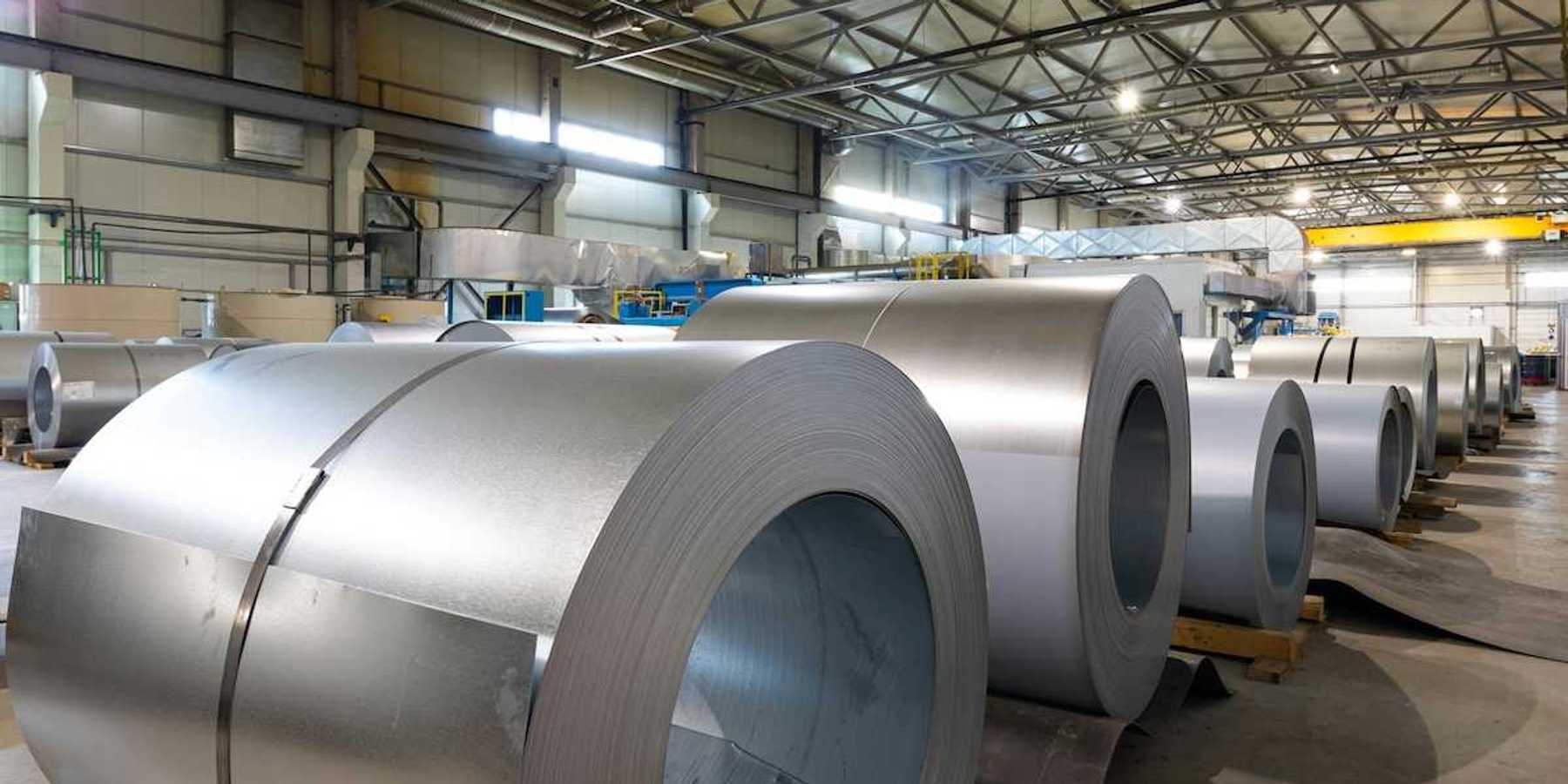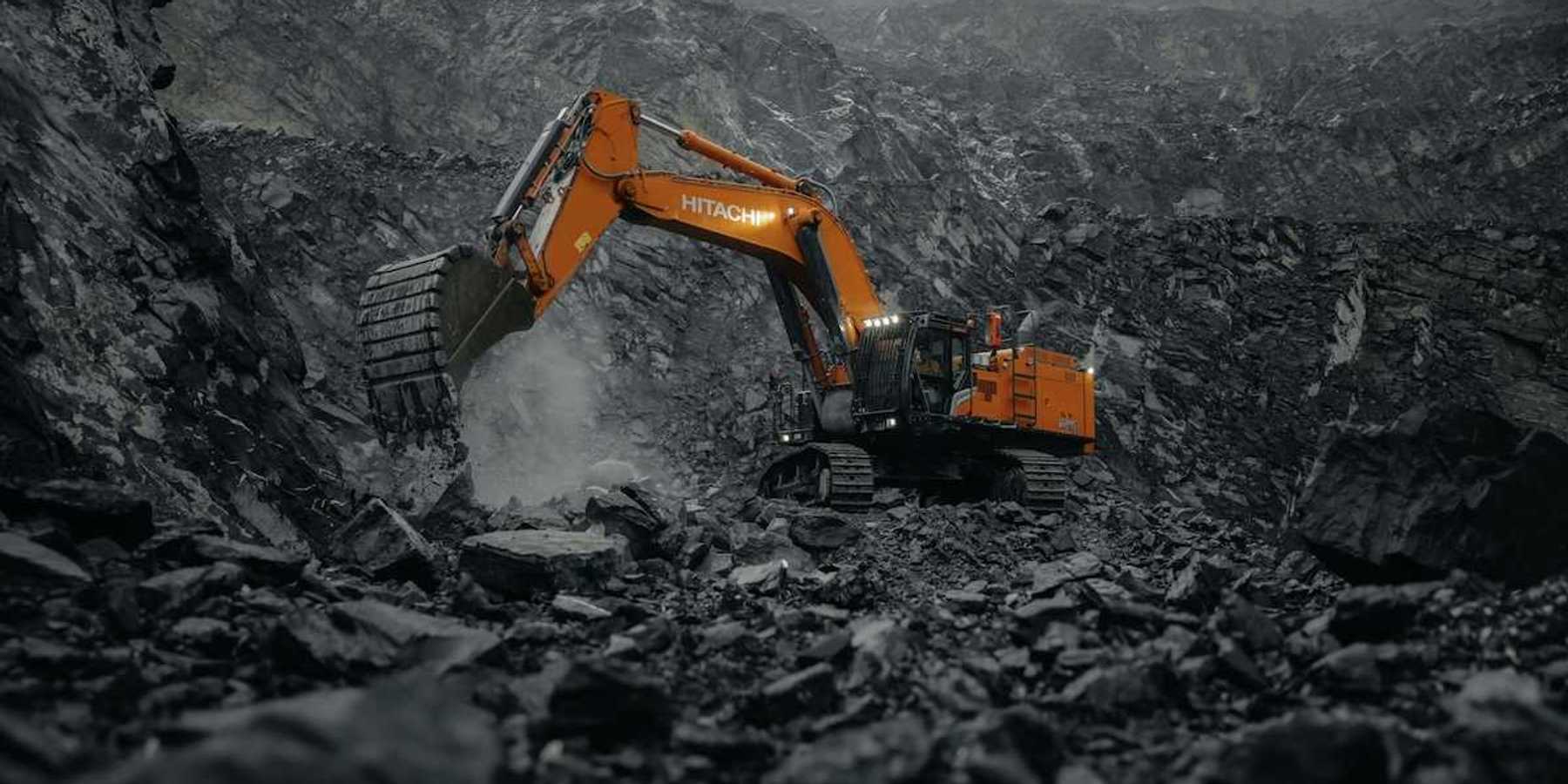Clean energy firm fights record federal fine by attacking regulator’s authority
A federal probe accuses Durham-based American Efficient of defrauding energy markets out of hundreds of millions while the company mounts a legal battle that could gut a key government watchdog.
Lisa Sorg reports for Inside Climate News.
In short:
- FERC alleges that American Efficient falsely claimed energy savings in wholesale electricity markets, securing $490 million in revenue and facing a record $722 million in penalties.
- The company’s defense includes constitutional challenges that question FERC’s very authority and could shift power over energy regulation toward the president.
- PJM, the nation’s largest grid operator, has moved to exclude energy efficiency aggregators by 2026, threatening the company's future access to capacity markets.
Key quote:
“All sorts of civil servants … for at least 100 years have been understood to be shielded from arbitrary removal. So to say that FERC enforcement power is constitutionally suspect because the commission is independent seems to ignore both 10 to 20 years of Supreme Court precedent and also the current policies of the current administration.”
— Josh Macey, associate professor of law at Yale Law School
Why this matters:
Energy efficiency aggregators like American Efficient operate behind the scenes of the energy market, bundling small-scale electricity savings — say from more efficient refrigerators or LED lighting — and selling them as “negawatts,” or avoided energy use. In theory, this helps utilities reduce demand and curb emissions without building new power plants. But the savings claimed by these aggregators are notoriously difficult to verify. Critics warn that if those savings are inflated or based on shaky assumptions, ratepayers could be footing the bill for benefits that exist only on paper.
The stakes go beyond dollars and kilowatts. The Federal Energy Regulatory Commission, long considered an independent energy watchdog, has been facing mounting scrutiny under President Trump’s administration, which has signaled a deregulatory agenda. If FERC’s oversight weakens, companies may face less pressure to rigorously prove their emissions reductions, opening the door to market manipulation. That could erode public trust in a system meant to deliver cleaner air and a more resilient grid — especially as climate impacts grow harder to ignore.
Read more: Trump's approach to U.S. power grid could slow critical expansion













